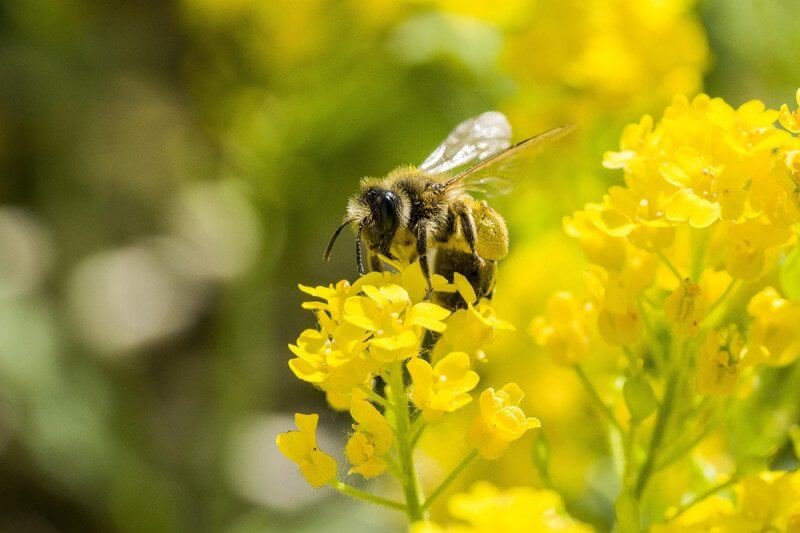At least two EU countries continue to use emergency exemptions to sidestep a ban on pesticides that scientists believe harm bees, according to documents obtained by POLITICO.
Both Poland and Romania approved the use of neonicotinoid pesticides under emergency authorizations less than three months after the EU agreed to implement a permanent ban on the substances, produced by two of Europe’s largest chemical companies, Bayer and Syngenta.
The European Commission has written to Romania, as well as Bulgaria, Hungary and Lithuania, warning them against using such emergency derogations to spray the three banned pesticides [imidacloprid, clothianidin and thiamethoxam], according to EU officials briefed on the Commission’s stance.
EU countries opted this year to extend…a temporary ban…after the European Food Safety Authority concluded neonicotinoid pesticides “represent a risk to wild bees and honeybees.”
…
The Commission’s decision to warn Romania, Bulgaria, Hungary and Lithuania about their neonicotinoid use came after the European Food Safety Authority published seven evaluations of the emergency authorizations granted last year.
In the case of Romania, for example, EFSA evaluated six authorizations and noted that three of them where unjustifiably being applied as farmers could have used methods such as crop rotation and soil tillage, which it said are highly effective against pests.
…
But farmers continue to fight for exemptions, arguing they need the three substances…to keep insects such as flea beetles and wireworms at bay.
Read full, original article: EU countries still sidestepping ban on neonicotinoid pesticides (Behind Paywall)































